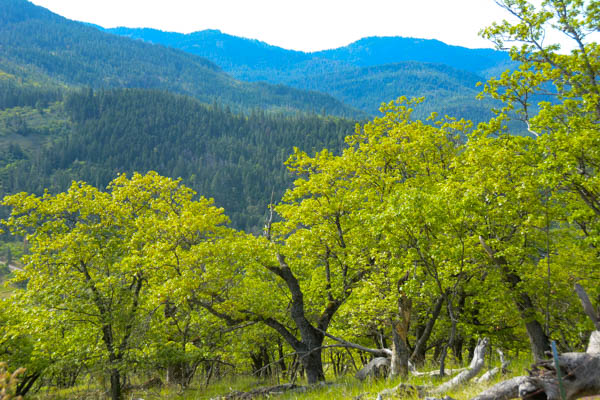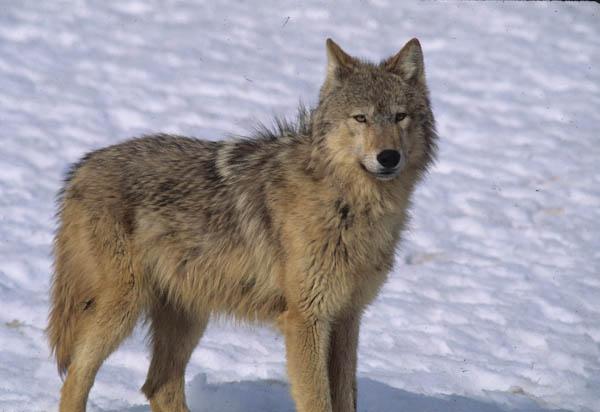Oregon
-
The BOSH project in southern Idaho ultimately plans to destroy tens of thousands of acres of juniper woodlands on BLM lands. BOSH stands for Bruneau-Owyhee Sagebrush Habitat Project. The advocates of the BOSH project use pejorative language to characterize the Juniper clearing from the landscape. Terms like “restoring” the “natural” condition of the land assume…
-
An article in the Oregon Capital Chronicle focuses on cultural and prescribed burning fuel reduction and how they can preclude large wildfires, such as the 127,000 acre Cedar Creek Fire on the Willamette National Forest. The Cedar Creek fire was a wind-driven blaze that occurred during severe drought. The only thing that brought the blaze…
-
The 1.6 million acres Deschutes National Forest, Oregon is engaged in an active deforestation effort, all justified based on precluding or slowing wildfires. The Forest also suggests that the logging is “restoring” historical forest conditions. After the spotted owl controversy of the 1980s, the Forest Service lost its social license to log public forests to…
-
On April 24th, 2024, the Vermont Law and Graduate School and Wild Horse Fire Brigade sent a letter to the Bureau of Land Management’s (BLM) District office in Medford, Oregon, proposing a collaboration between the Wild Horse (feral) Fire Brigade and the BLM to reduce wildfire threat through feral horse grazing on the Cascade-Siskiyou National…
-
Recently, Rep. Cliff Bentz discussed wolf management in a forum in Pendleton, Oregon. Bentz represents Oregon’s second district, which includes nearly all of eastern Oregon. During his presentation, Bentz is reported in an article in the East Oregonian to have made several misleading statements about wolves and their impact on game animals. For example, Bentz…
-
Thinning/logging at Newberry Crater National Monument, Deschutes National Forest, Oregon. Photo George Wuerthner One of the arguments alleged by proponents of thinning or logging forests is that it will reduce the size of wildfires and hence carbon emissions from blazes. Proponents argue that more trees survive a fire if there has been “active forest management.”…
-
Hardly a day goes by when we don’t hear in the media and from the Forest Service that fire suppression is responsible for the intensity and size of wildfires. According to proponents, a “hundred years of fire suppression” has permitted the build-up of fuels, and by their assertion, more fuel results in larger conflagrations. However,…
-
The 400,000-acre Bootleg Fire created a mosaic burn pattern from unburned to high severity. Photo George Wuerthner The Capital Press, an Agricultural emphasis newspaper, recently ran a story about the 400,000-acre Bootleg Fire and the influence of forest management on the fire’s impact upon trees. In particular, the 26 Nov 2021 issue story titled Lessons…



